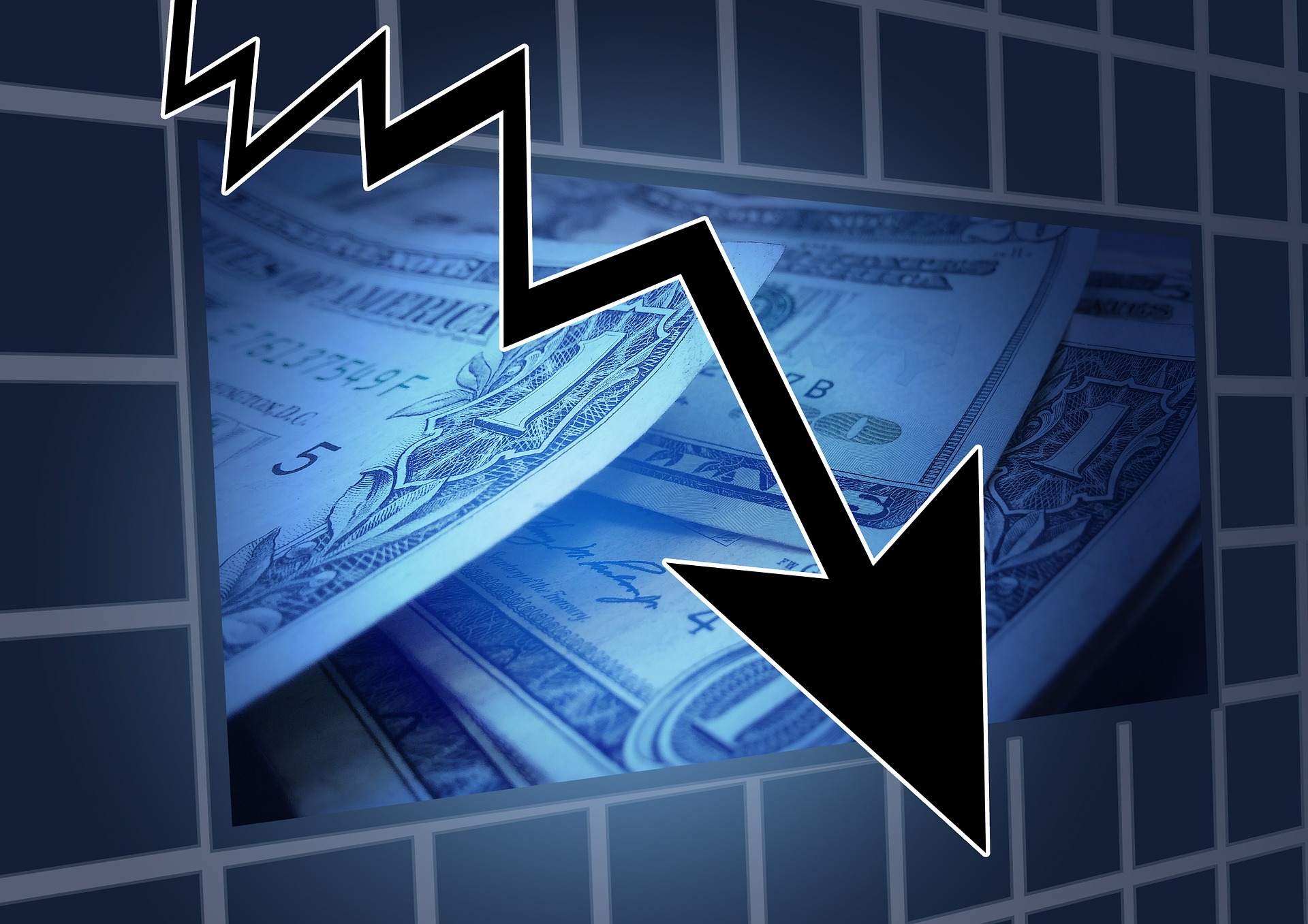The stock and forex markets have provided compelling returns for numerous traders and investors over the years, but these rewards are not without significant risks. You can benefit significantly from trading, but you need to do thorough research on the various aspects of trading before engaging. Whether you are new or a seasoned trader, we all have a fear of losing money. Many traders are afraid to trade after closing the position in the red.
It is common for people to feel anxious and fearful when their investments are on the line, but this ends up being frustrating and can contribute to irrational decisions, and thus losses. That’s why the number one rule of trading is to keep emotions out of the door.
But just how do you do it, and what strategies do you implement to ensure that you reach a peak trading performance?
Four Tips For Beginners to Overcome the Fear of Trading

Before we delve further, let us look at the common fears in trading. Once you recognize them, it becomes easier to deal with them.
1. The Fear of Loss
The most common fear among beginners is losing money. When trading, the fear of losing can have more than one consequence.
It can delay your timing or execution strategy, the inability to buy or sell, and ultimately freezing during the session.
It is imperative to be decisive when taking action in entries or exits and do not allow fear to hold you back, especially when you have done your research. Allowing fear to take over will make you lose your confidence in your strategy and ability.
Nobody likes to losing trades, but it happens, even to the best of us. The secret is to lose less than you gain, and this enables you to stay in the game, both mentally and financially.
You should not be afraid to trade after the first loss or even a series of losses. If you believe in your strategy, you have no reason for fear.
2. The Fear of Missing Out
Losing money in trades is inevitable, but what about missing on the next big thing? The fear of missing out on a huge returns opportunity is common among new traders, and it’s one of the reasons most stay in front of the charts for hours on end.
It is ideally the reason why traders make late entries. They see a signal that they did not act upon, but when a big favorable move occurs, they decide to jump in.
This is very risky as you’re trading on a wrong signal and not following the rules of your strategy.
What if the exchange rate peaks and drops rapidly when the trend subsides? You could end up losing a fortune.
3. Not Being Right
We all fear being wrong, but some cannot handle not being right. The last thing you want as a trader is putting too much emphasis on being or proving that you’re always right.
Rather, it is better to stick to your strategy and focus on creating positive results with time. Instead of wanting to be right at the moment, focus on the long term game.
4. Profits Turning into Losses
Most people in the stock and forex market like quick profits, and this is more often than not, the cause of numerous losses. A smart trader should always work to cut their losses short and allow their profits to run.
Some people feel like locking that win will make them a winner, which is not wrong, but that’s just in the short run. Becoming a confident, successful trader calls for a long term commitment.
Stick to a stock or forex pair until you have concrete evidence that the trend has turned. Real trends tend to run for a long time, thus giving you more profits.
Do not allow the fear of losing your profits to make you exit too soon as you might cut your profits.
Three Tips How to Avoid Being Afraid to Trade
With the common fears in trades addressed, here are some additional tips to help you further, whether new to the game or have made losses before and want to get back into it:
1. Pre-Plan Your Trades
Uncertainty is a big cause of fear when it comes to trading. It is unavoidable, especially in volatile markets, but it can be reduced by thoroughly planning each trade before taking action.
Know the entry price, trade setup, stop-loss price, money risk, position size, profit target, and profit-taking strategy before you take a trade. With all these answers, you will go into trading knowing what to do in any given scenario, thus eliminating the anxiety that leads to poor decisions.
2. Focus on What You Can Control
There are numerous things beyond your control when it comes to trading. However, you cannot allow them to distract you and affect your decision making.
These ”uncontrollable” items include market news, price action, other traders’ actions, and the trade outcome. However, you can control your position size, risk management, trading plan, strategy, and stock or pair selection.
Once you have the same mindset in every trade, you will have an edge in the market.
3. Trade Smaller
Other primary causes of fear in trading are oversizing and poor trading decisions. When you’re oversized, you are simply trading money that you’re emotionally invested in.
As mentioned earlier, this emotional attachment will most likely cause to panic sell when the market makes a small move against your position, fail to get out of your position when supposed to and even sell too early, thus cutting your profits. Objective analyses of the markets are the key to success.
When you trade smaller, you won’t be afraid of trade anymore as you won’t trade an amount that you can’t afford to lose. You’ll want to trade a large enough amount that makes the time you invested in the trade worthwhile, but not too large that you will get a heart attack if the money is lost.
Trading can be tricky, especially for those who are just starting out. By addressing the common fears in trading, you will hopefully start on the right track.


